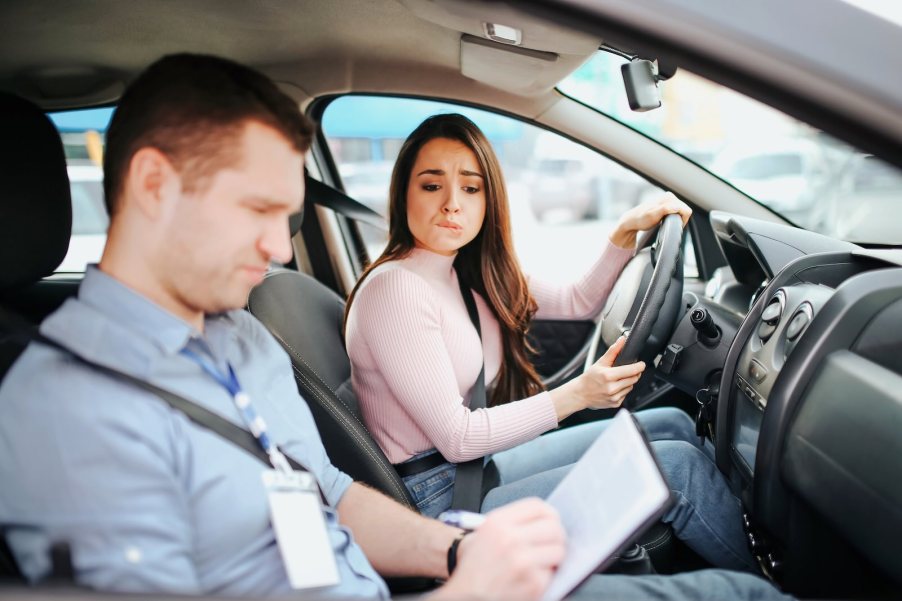
Arizona teen denied license after passing road test in Tesla, “too many safety features”
Imagine acing your driving test—then having the DMV say you failed because your car was too advanced. That’s exactly what happened to one Arizona teenager.
After studying and practicing, she took her road test in the family’s Tesla Model Y. The test seemed to go smoothly. She passed. Or at least, she thought she did.
The catch? The DMV’s computers were down, so instead of leaving with her shiny new license, she had to return the next day. No big deal, right?
Wrong.
The next day, she and her mom showed up at the Arizona Department of Transportation (AZDOT) only to be told she wouldn’t be getting her license. Why? The tester thought she was using Full Self-Driving (FSD) and claimed she didn’t touch the brake pedal enough. The teen’s family tried to explain that the car didn’t have FSD, and that the standard regenerative braking system was doing the work. But the DMV refused to budge.
“If we don’t know she can brake with the brake pedal, then how do we know she can drive a non-Tesla?” the AZDOT official said, according to the father’s post on Reddit. Frustrated, he pointed out the inconsistency: “If someone driving an automatic transmission takes the test, how do you know they can drive a standard?”
At one point, an employee even hinted they might need to ban Teslas from road tests altogether because of “too many safety features.” The father vented, “I wish I could afford another Tesla for our daughter due to ‘too many’ safety features!”
A few days later, after much back-and-forth, AZDOT called with a change of heart—she could get her license. However, they also mentioned reevaluating how to test Tesla drivers in the future.
Commenters Chime In
The post sparked a flood of comments, with other Tesla owners sharing similar stories. “My girlfriend failed due to using the rearview cameras when reversing,” one user revealed, while another added, “The DMV hasn’t caught up with the times and doesn’t know how to handle EVs.”
Not everyone sided with the family. “If she ever has to drive a regular car, will she know how to brake properly?” one person questioned. Another pointed out that learning on a Tesla could create bad habits: “They want to make sure you know how to brake, especially in an emergency.”
The Arizona teenager is far from the first person to have road test trouble because of a Tesla. Teslarati reported a professor at the University of California failed the test three times because the instructors misunderstood his Tesla. But with the Model Y currently the most popular new car on the planet, DOT instructors will need to adapt soon.
The Road Ahead for EV Testing

What’s the solution? As Teslas other EVs, and hybrids with regenerative braking become more common, driving instructors will likely need to adapt. “Turn off regen braking during the test, and the problem is solved,” suggested one commenter. Others speculated that future tests might require all features like regenerative braking or self-driving assists to be disabled to ensure drivers can perform manual tasks.
Despite a few examiners mistrusting Teslas, it all boils down to this: it’s tough to prove you know how to brake when the car’s doing it for you. The issue isn’t exclusive to Tesla; it’s about regenerative braking, a feature in many EVs and hybrids. Instructors may soon learn to ask for these features to be disabled before each test. And one day, when EVs dominate the roads, pushing the brake pedal might be as outdated as shifting your own gears.



